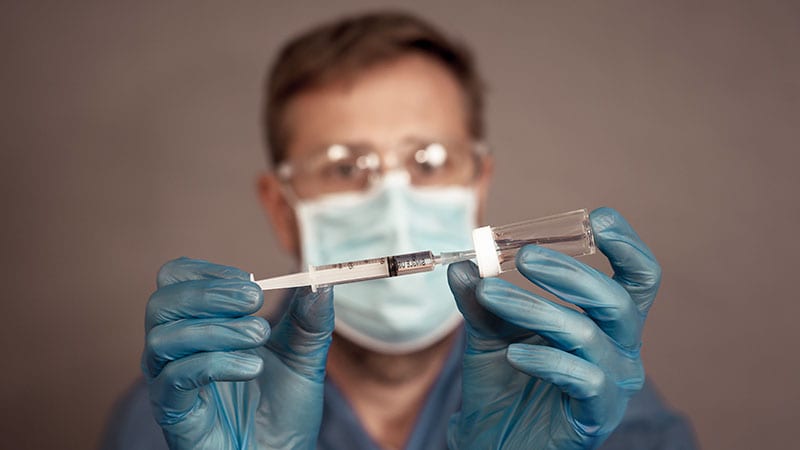Biden Administration's $5B Plan for New COVID Vaccines
Core Concepts
Biden administration's $5 billion plan aims to develop new COVID vaccines and treatments to address evolving challenges.
Abstract
The Biden administration has proposed a $5 billion plan, Project Next Gen, to enhance the development of new coronavirus vaccines and treatments. This initiative follows Operation Warp Speed, focusing on improving monoclonal antibodies, developing nasal vaccines for better immunity, and creating a universal coronavirus vaccine. Experts emphasize the need for sustained efforts in vaccine development to combat evolving challenges posed by COVID-19 variants and future outbreaks. Private sector involvement and federal funding are crucial for advancing research and innovation in infectious disease treatments.
Translate Source
To Another Language
Generate MindMap
from source content
Visit Source
www.medscape.com
Scientists Laud $5B 'Project Next Gen' to Fund New COVID Vaccines
Stats
Project Next Gen aims to spend $5 billion on new COVID vaccines and treatments.
Operation Warp Speed allocated at least $18 billion for vaccine development.
Ensitrelvir (Xocova), an oral anti-COVID protease inhibitor, has been approved in Japan.
Quotes
"We can't give people boosters every 4 or 5 months. That's just not sustainable." - Bruce Gellin, MD, MPH
"Just because the pandemic isn't as aggressive as it was a year ago doesn't mean we don't need these products for some time in the future." - Alicia Ault
Deeper Inquiries
How can public-private partnerships enhance the development of new vaccines and treatments?
Public-private partnerships play a crucial role in advancing the development of new vaccines and treatments. By combining the resources, expertise, and capabilities of both sectors, these partnerships can accelerate research, streamline regulatory processes, and facilitate the translation of scientific discoveries into tangible products. Private companies often bring innovative technologies, manufacturing capabilities, and market insights, while public entities like government agencies and research institutions provide funding, infrastructure, and regulatory support. Collaborations between these sectors can leverage each other's strengths, mitigate risks, and promote knowledge sharing, ultimately leading to the more efficient and effective development of vaccines and treatments.
What are the potential challenges in creating a universal coronavirus vaccine that targets multiple variants?
Developing a universal coronavirus vaccine that targets multiple variants poses several challenges. One major obstacle is the high genetic diversity of coronaviruses, which can lead to the emergence of new variants with unique characteristics. Designing a vaccine that can effectively stimulate immune responses against a wide range of variants requires a deep understanding of the virus's evolution, antigenic diversity, and immune evasion mechanisms. Additionally, ensuring the safety and efficacy of a universal vaccine across different populations, age groups, and geographic regions is essential but can be complex. Furthermore, the need for continuous monitoring of circulating variants and rapid adaptation of the vaccine to address emerging threats adds another layer of complexity to the development process.
How can lessons from past vaccine development efforts like influenza and HIV inform the approach to developing new COVID vaccines?
Lessons learned from past vaccine development efforts, such as those for influenza and HIV, can provide valuable insights into the approach to developing new COVID vaccines. For instance, the experience gained in designing vaccines for rapidly mutating viruses like influenza can inform strategies for creating COVID vaccines that can effectively target evolving variants. Similarly, the challenges faced in developing an HIV vaccine, particularly the virus's ability to evade immune responses and establish latent reservoirs, can guide researchers in designing innovative vaccine platforms and immunization strategies for COVID. By leveraging the knowledge, technologies, and methodologies developed in previous vaccine research, scientists can optimize the development process, anticipate potential hurdles, and enhance the likelihood of success in creating safe, effective, and durable vaccines against COVID-19.

